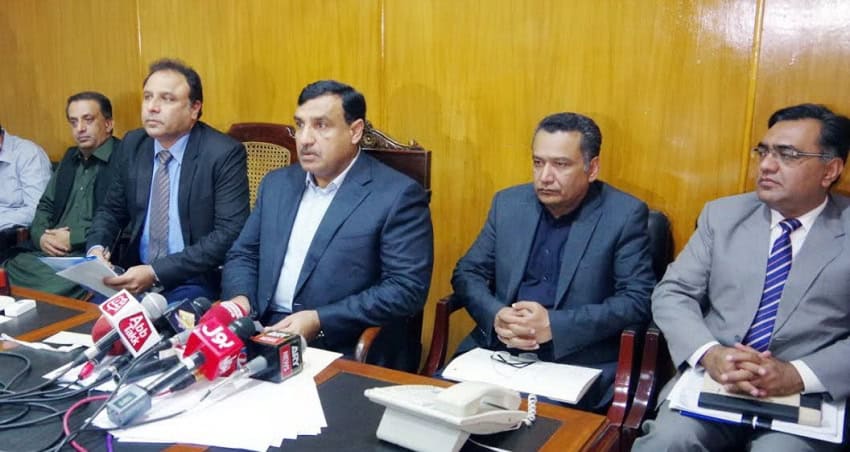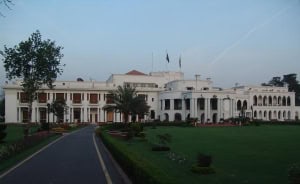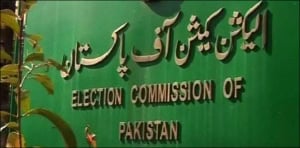LAHORE – A report from July 2016 to January 2018 has been submitted to Anti-corruption Punjab’s departmental meeting held here at the Head Office. The meeting was presided over by Director-General Anti-corruption Punjab, Brigadier (retd) Muzaffar Ali Ranjha.
According to the report, an amount of Rs3 billion was deposited in the national exchequer, and Rs2 billion to be received soon, 33,821 complaints during this period were received, 33,198 were dispatched. 16840 inquiries were launched while 16499 were completed. 4175 cases were filed while 3,527 were dispatched, 1919 challans were collected, while 2,869 arrests were made and overall Rs126.24 million was directly recovered, the report added.
In the meeting, major decisions have been made including recovery, the deadline for cases and the visits of the Circle and Tehsil offices of the Regional Directors. Additional Director General, Regional Directors and the officers attended the Regional Meeting.
The Director-General said that the Department of Anti-corruption is an independent entity, therefore, they managed to be successful in Punjab, but still, there was a lot more work to be done.
He said that seven kanals of land have been acquired for building the anti-corruption regional office in Rawalpindi whereas a beautiful office of Anti-corruption has been constructed in Sargodha, while the Sahiwal office is under construction, the purpose of the offices is to provide the best environment to the officers, he added.
Directing all the regional directors, he said, the directors must dispatch all the cases in next two months and added that the officers should make recovery records in all cases so that they can be deposited in the national exchequer.
In the conference, the spokesperson of Anti-corruption Department Saeedi Ejaz presented a report on cases ranging from 2008 to 2017.
Appreciating the performance of the officers, Director General Anti-corruption Punjab, Brigadier (retd) Muzaffar Ali Ranjha, directed the cases should be investigated on modern lines so that timely dispensation of justice could be possible.
















